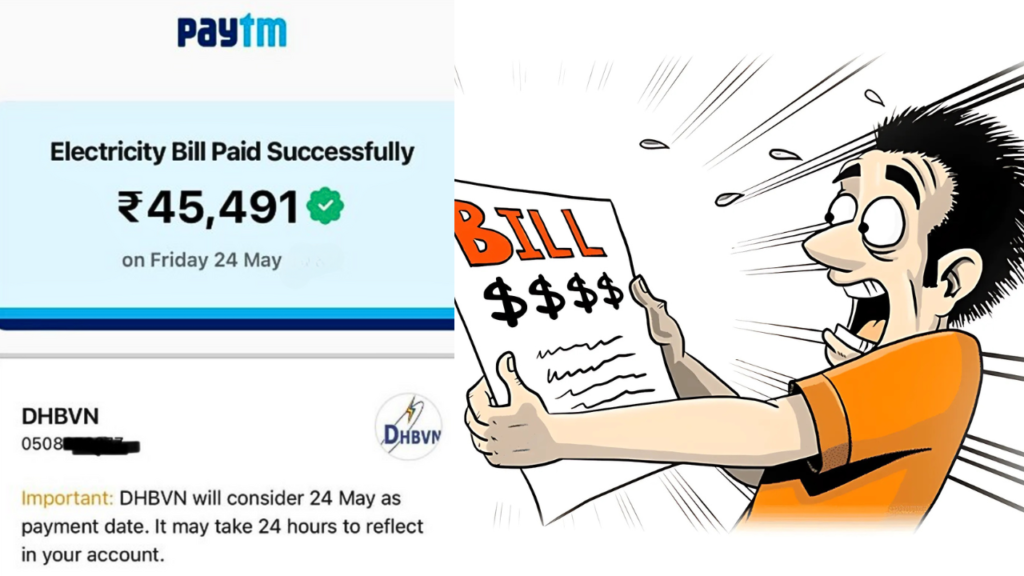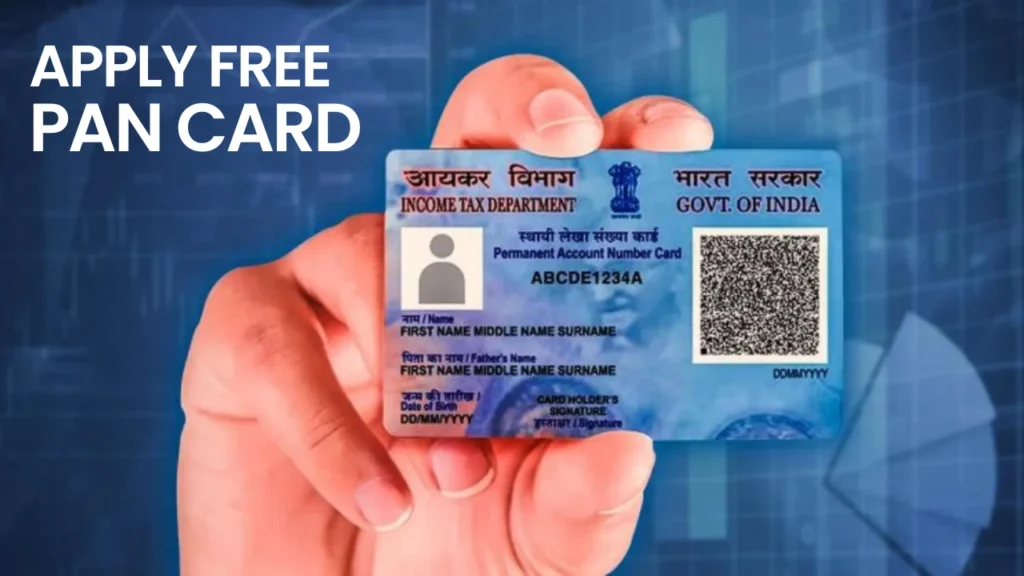Electricity bills can sneak up on you, especially during the summer or winter months when cooling or heating is used constantly. But cutting down your power usage doesn’t necessarily mean giving up comfort. With a few small lifestyle adjustments and clever home hacks, you can reduce your electricity bills without compromising on convenience. Here are 8 easy and effective tips you can start applying today.
1. Unplug Devices When Not in Use
It might sound simple, but leaving appliances and chargers plugged in—even when not in use—can still draw electricity. This phenomenon is known as “phantom load” or “vampire power.” Devices like phone chargers, televisions, microwave ovens, and desktop computers continue consuming power unless they are unplugged completely.
Tip: Use a power strip with a switch. Turn the switch off when the devices are not in use to cut off standby electricity.
2. Switch to LED Bulbs
If you’re still using incandescent or CFL bulbs, it’s time for an upgrade. LED lights consume significantly less energy and last much longer. Not only are they energy-efficient, but they also emit less heat—keeping your room cooler in warmer months.
Example: Replacing just five frequently used bulbs with LED equivalents can save you hundreds over their lifetime.
3. Use Ceiling Fans Effectively
Instead of relying solely on air conditioners during summer, use ceiling fans to circulate air. Fans use a fraction of the electricity compared to AC units. During the winter, reverse the fan direction (if your fan has this setting) to push warm air down and reduce heating costs.
Pro Tip: Combine fan usage with moderate AC settings for maximum savings.
4. Optimize Fridge Settings and Maintenance
Refrigerators are one of the highest energy-consuming appliances in any home. Keeping them clean, both inside and out, especially the coils, ensures they run efficiently. Set the fridge temperature between 2°C and 4°C and the freezer at -18°C. Avoid overstuffing, as airflow is crucial for energy-efficient cooling.
Also, always allow food to cool down before placing it in the fridge. Hot food increases internal temperature and forces the compressor to work harder.
5. Wash Clothes in Cold Water and Air Dry When Possible
Most of the energy a washing machine uses goes into heating water. Unless you’re dealing with oily stains or heavily soiled clothes, cold water usually does the job just as well. Additionally, instead of using a dryer, try air drying your clothes whenever possible.
Fun fact: Air-dried clothes often last longer because they’re exposed to less heat damage.
6. Seal Leaks and Improve Insulation
Drafts and poor insulation can cause cool air to escape in summer and warm air in winter, pushing your HVAC system to work harder. Sealing gaps in windows, under doors, and around vents can help maintain a stable indoor temperature.
Use weather stripping, door sweeps, or caulking where needed. Even something as simple as using thick curtains can insulate your windows better and reduce your dependence on heating or cooling systems.
7. Smart Usage of High-Power Appliances
Try to run high-consumption appliances like washing machines, dishwashers, and water heaters during off-peak hours when electricity rates may be lower, depending on your provider’s billing structure. Also, avoid running half-loads. Wait until you have a full load of clothes or dishes before starting the machine.
Many modern appliances also have eco or energy-saving modes—don’t forget to use them.
8. Invest in Smart Home Technology
Smart plugs, programmable thermostats, and motion sensor lights can help you control electricity usage more precisely. With a smart thermostat, you can set heating or cooling schedules so that energy isn’t wasted when you’re not home. Similarly, smart plugs can automatically turn off devices that are not in use.
While some of these upgrades may require an initial investment, they often pay for themselves in a few months through energy savings.
Small Changes Lead to Big Results
Cutting down on your electricity bills doesn’t mean making drastic sacrifices. It’s about being smarter with how and when you use electricity. By adopting just a few of these simple hacks, you’ll likely start seeing a noticeable difference in your monthly bill.
What’s even better is that many of these changes also contribute to a more eco-friendly lifestyle—reducing your carbon footprint while saving money. So the next time you leave a room, don’t forget to switch off the lights. Your wallet—and the planet—will thank you.





















